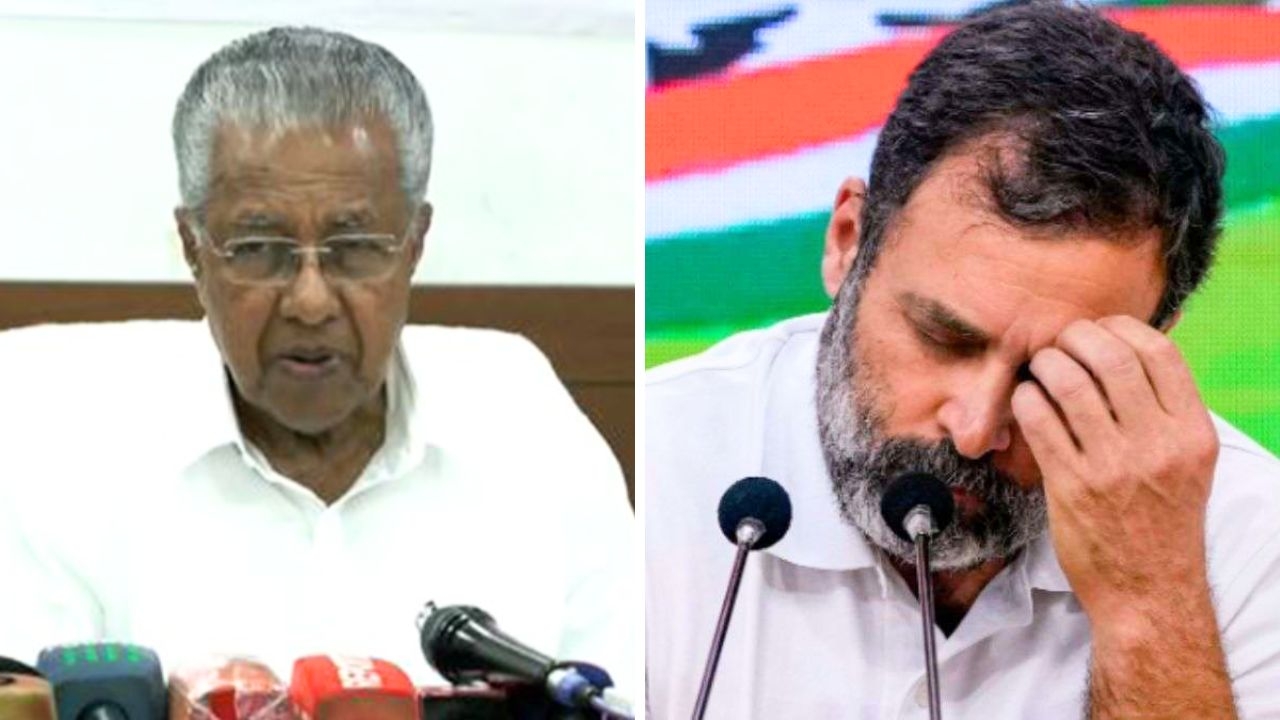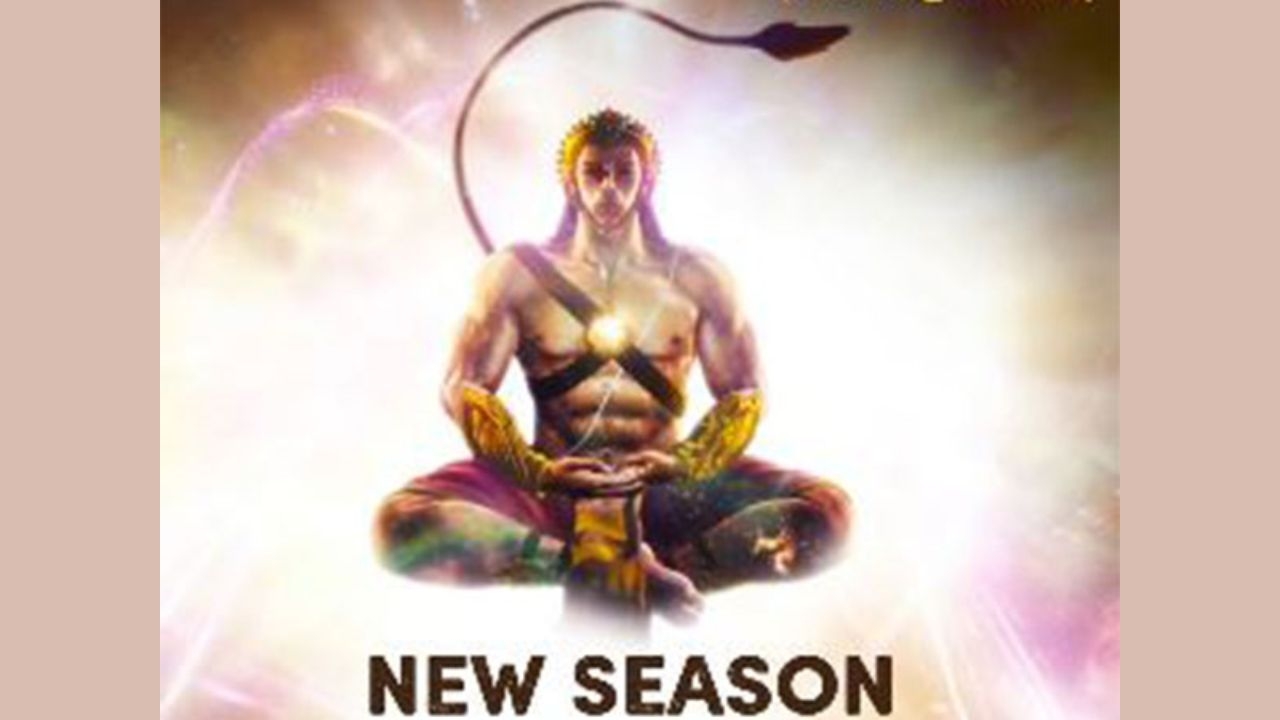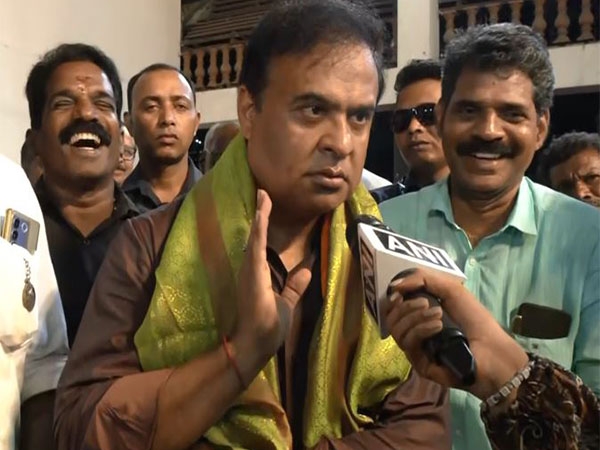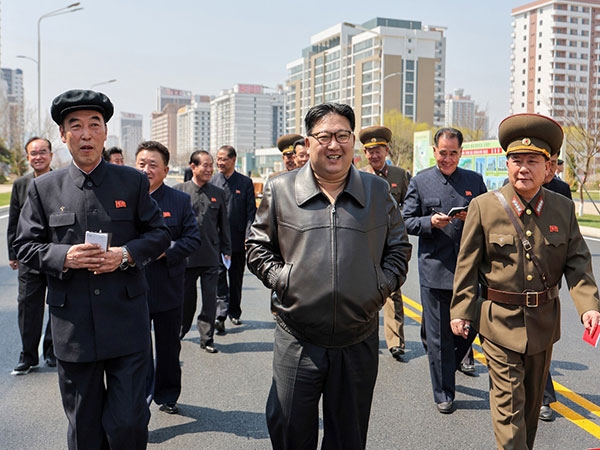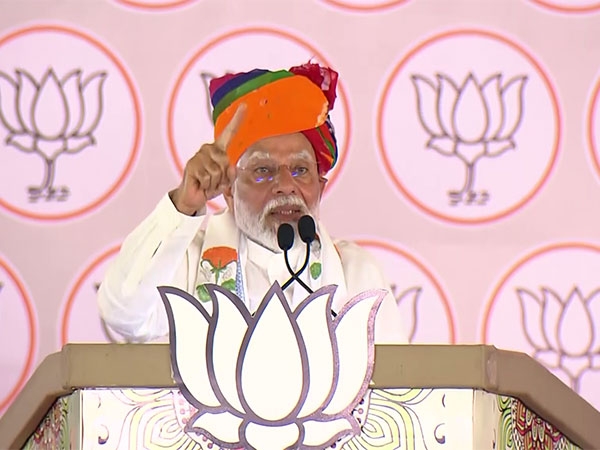Have forthcoming Gujarat polls compelled Amit Shah to invoke Ambedkar?
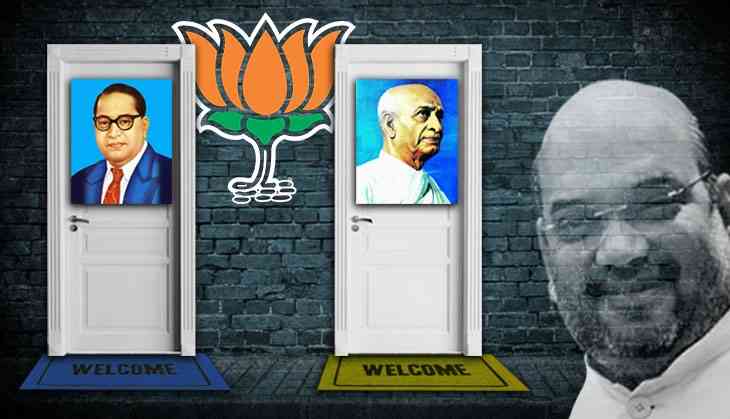
It was news when BJP president Amit Shah on Sunday equated what Prime Minister Narendra Modi has been doing for economic integration of India to what Sardar Patel did for its territorial integration and Dr BR Ambedkar for social integration.
The immediate question that comes to mind is – what makes Amit Shah invoke Ambedkar at this point although the BJP leaders have been known for playing up Patel time and again.
The answer perhaps lies in the BJP's desperation to woo the Dalits in Gujarat that has been the laboratory of Hindutva. It is a state going to the polls in the next three months.
Appeasement politics
Though accounting for just 7% of the electorate, Dalits from Gujarat state have made strong political statements through their acts in the last one year after the public flogging of Dalits involved in the skinning of a carcass in Una last year.
With the BJP not sure of a blanket support from Patidars, the party is now trying to cobble up support from every nook and corner with the main focus on Other Backward castes (OBCs) and smaller constituencies like the Dalits.
“The answer to the question – why the BJP now invoking Ambedkar – lies in the forthcoming Gujarat polls. Although they have been trying to use Ambedkar in a subtle manner to get Dalit support for some years, they are now getting more vocal. The Una episode and the subsequent developments has led to the BJP feeling challenged for the first time with regards to the Dalit support base that it has developed over the last several years,” political commentator Prakash Shah said.
He explained that the RSS and its affiliates had managed to make inroads into the Dalit community till the last Assembly polls by working consistently for years. But post the Una incidents that have been marked by the youth getting annoyed with the BJP government in the state has rattled the Sangh Parivar.
“They want to retain at least the old support base even if the youngsters are not keen to support them,” he said.
His views were echoed by Natubhai Parmar, a Dalit activist in Surendranagar district of Saurashtra. This district has more than 10% Dalit population. Sources say that even the bureaucracy in the state administration marks it as an 'atrocities prone' district.
“It is just on account of the elections that they are remembering Ambedkar. Otherwise, they have nothing to do with him or his ideology. They are just trying to confuse the Dalit electorate. Had they been so concerned about the Dalits in the state, they would do something to curtail the rising graph of atrocities against the community,” Parmar said.
“They would have given Dalits the land that belongs to them rightfully and is right now under the possession of the high and mighty from other communities in villages across Gujarat. Thy would have given regular employment to the community members,” he added.
Parmar also questioned that while Modi and his successor Anandiben Patel also referred to Ambedkar at times in their speeches, why have they not directed the state government to make the probe report on the Thangadh killings public yet?
Three Dalit youths were shot down in police firing in September 2012 following skirmishes between Dalits and Bharwads over the allotment of stalls at a local fair in Thangadh.
“Why don't they make the report of the probe carried out by Sanjay Prasad Committee public despite the Gujarat High Court asking them to do so?” Parmar wanted to know.
“If they have so much regard for Ambedkar why don't they go in for building a statue of his on the lines of the Statue of Unity being built in memory of Sardar Patel? Wasn't Ambedkar a leader as tall as Sardar? They haven't even built Ambedkar Bhawans in towns where they were supposed to build them,” Parmar added.
Valji Patel, another prominent Dalit activist from the state also claimed that invoking Ambedkar was a part of the BJP's larger political game plan.
“Otherwise they are not bothered about the Scheduled Castes. The state government has been diverting the funds marked for the development of Scheduled Castes in the budgetary allocations. I have filed a series of Right to Information (RTI) applications in this regard. These are the funds that cannot be diverted and do not lapse if they are not utilised in a financial year but have to be carried forward,” Patel said.
“One of my queries has revealed how the money from these funds was diverted for advertisements and other notices in connection with the drive to collect iron pieces from across the country for building the Statue of Unity,” he added while pointing that as per the norms, the District Collectors have to use such funds for the earmarked purpose and have to give a certificate of utilisation.
“This is not being done and we are going to approach the high court in this matter along with the anomalies in the post-matric scholarships for Dalits and those being disbursed under the Mukhyamantri Yuva Swawalambi Yojana in the state,” Patel said.
Utilise for the 'right' causes
One needs to go back a few years to understand how the Dalits were used by various Hindutva organisations and how this resulted in political gains for the BJP.
It is a well-known fact that during the post-Godhra train burning pogrom against the Muslims in 2002, the Dalits were pitted against the Muslims. A majority of the places where violence took place during the 2002 riots were settlements where Dalits and Muslims lived side by side because of various socio-economic reasons.
Before the riots, various Hindu groups attempted to send across the message to Dalits asking them to come into the Hindu fold. They were later used in the violence only to be deserted later when the law caught up with them.
A common phenomenon that this reporter came across while moving in such settlements was the bragging about the fact – “You know what is the biggest change that these riots have made? Earlier it was the Muslims who dominated bootlegging. Now the trade has shifted to the Dalits.”
Observers pointed out that Dalits, though fewer in number, had behaved waveringly in various Gujarat elections since the demise of the KHAM (Kshatriya, Harijan, Adivasi, and Muslim) formula of the Congress.
Barring the BJP and the Congress, no other national-level political party has tried to consolidate the Dalits in Gujarat because of their small numbers. But Dalit issues have always made national headlines. Dalit leaders like Mayawati, Ram Vilas Paswan, and of late Udit Raj, have made quick visits to the state whenever something has happened that suits their politics in the North but have not made a concerted effort at organising the Dalits politically. The Dalits are left with no choice except choosing between the Congress and the BJP.
With the anger in the community simmering against the raw treatment meted out by the upper castes who are seen to be affiliated to the BJP at large, the party is looking desperately for ways and means to regain the community's support.
Edited by Jhinuk Sen
First published: 18 September 2017, 22:07 IST

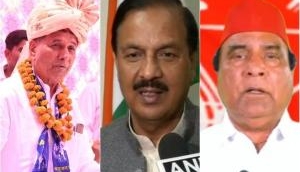
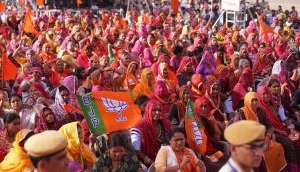

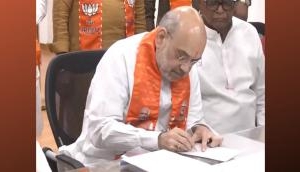
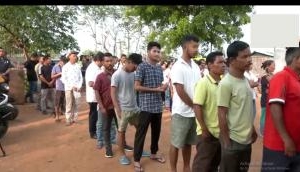
![BJP's Kapil Mishra recreates Shankar Mahadevan’s ‘Breathless’ song to highlight Delhi pollution [WATCH] BJP's Kapil Mishra recreates Shankar Mahadevan’s ‘Breathless’ song to highlight Delhi pollution [WATCH]](http://images.catchnews.com/upload/2022/11/03/kapil-mishra_240884_300x172.png)

![Anupam Kher shares pictures of his toned body on 67th birthday [MUST SEE] Anupam Kher shares pictures of his toned body on 67th birthday [MUST SEE]](http://images.catchnews.com/upload/2022/03/07/Anupam_kher_231145_300x172.jpg)


